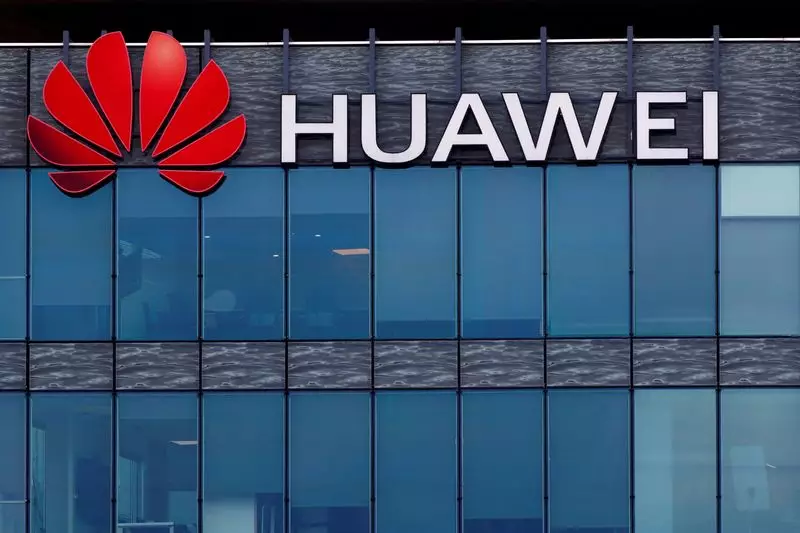As tensions between the United States and China escalate, the U.S. House of Representatives is gearing up to deliberate a significant defense bill aimed at fortifying national security. This bill includes a substantial allocation of over $3 billion, earmarked for U.S. telecommunications companies to dismantle equipment manufactured by Chinese firms, notably Huawei and ZTE. These measures have emerged as a response to mounting concerns over security vulnerabilities associated with Chinese technology in American networks.
The comprehensive 1,800-page defense bill, recently made available, reflects a multifaceted approach to confronting perceived threats from China. Among its stipulations is a mandate for federal oversight of Chinese attempts to circumvent U.S. regulations—clarity that underscores the urgency of the situation. The Federal Communications Commission (FCC) has highlighted the cost of removing insecure devices, estimating a total of nearly $5 billion. However, prior funding allocations have fallen significantly short, totaling only $1.9 billion for this critical initiative.
With a stark financial gap looming at $3.08 billion, FCC Chair Jessica Rosenworcel has vocally urged Congress for further support. The dire situation is compounded by potential service disruptions, particularly in rural areas where the removal of such equipment may threaten the operations of major service providers, possibly even impacting emergency services like 911.
This legislation is not isolated; it heralds a more aggressive U.S. strategy that extends to allies and partners worldwide. Washington has undertaken extensive diplomacy to encourage other nations to eliminate Chinese telecommunications infrastructure, aiming to solidify collective security against espionage risks. The ramifications of such actions illustrate the geopolitical challenge that emerging technologies pose, as nations now must navigate complex dependencies on telecom systems that could be compromised.
Industry Perspectives and Future Funding Sources
Industry insiders express urgency for additional funding to ensure continuity and reliability in wireless services. Tim Donovan, CEO of the Competitive Carriers Association, emphasized that financial aid is critical for telecom companies tasked with updating their infrastructure. The ongoing reliance on federal subsidies necessitates compliance with stringent regulations against Chinese technology, placing a heavy burden on smaller carriers.
Moreover, the anticipated funding mechanisms point to an innovative approach wherein the U.S. government seeks to leverage proceeds from spectrum auctions to bolster the financial framework necessary for this initiative. This integration of resources showcases a proactive stance amidst rising demands for advanced wireless technologies, which significantly impact consumer connectivity across the nation.
The U.S. defense bill’s provisions signify a pivotal moment in the intersection of technology, security, and international relations. The push to eliminate Chinese telecom equipment from American networks is pivotal not only for safeguarding national interests but also for shaping the future landscape of global telecommunications. As Congress prepares for a vote, the outcome will have lasting implications for both national security and consumer access to reliable technology in an increasingly interconnected world.

